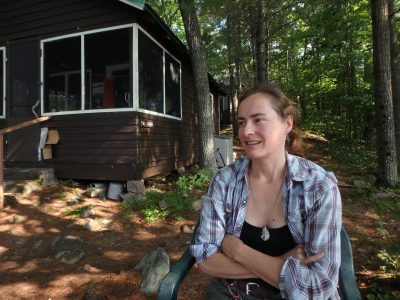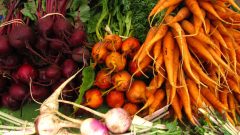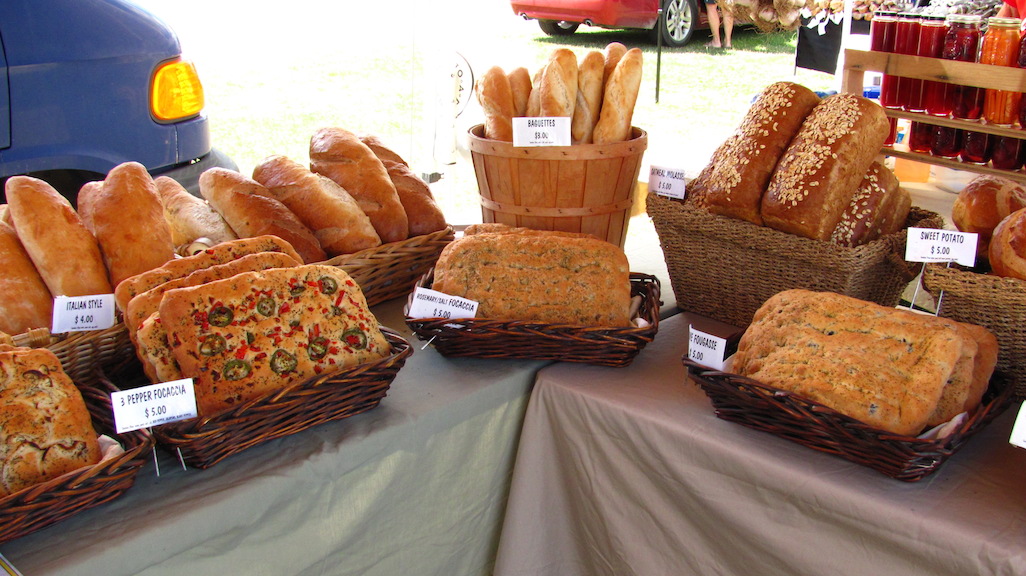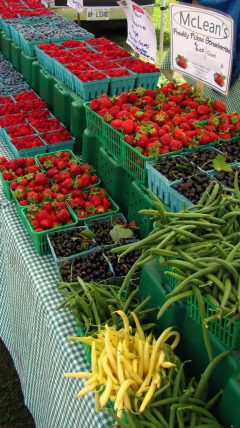by Leah Piehler, CFICE Volunteer
In 2015, CFICE’s Environmental Sustainability (Peterborough-Haliburton) Hub supported the research of Melissa Johnston, a Master’s student in Trent University’s Sustainability Studies program. With the support, Melissa partnered with Abbey Gardens, a community project in Haliburton, Ont., which focuses on sustainable food, land stewardship and the local economy. She was able to get hands-on experience while learning about the inner workings of local food systems and sustainability.
Johnston says that when it comes to community-based research, there’s no substitute for being immersed in the community like she was at Abbey Gardens.
“It’s a richer experience,” she says. “You get more of the day-to-day experience of the people that you’re working with as opposed to just having a phone call once in a while to talk about a research project.”
CFICE caught up with Johnston to see what she’s been working on.
Problem solving with local farmers’ markets
Following the partnership with Abbey Gardens, Johnston took on a research project with the Haliburton County Farmers’ Market Association, which provided the content for her recently completed thesis.
“My project looks at farmers’ markets across Ontario — specifically how they govern and manage themselves, and how they develop relationships with their venders and customers, so that’s been keeping me very busy,” says Johnston.
Her research identifies best practices and recommendations for how farmers’ markets can run smoothly and efficiently, while acknowledging that what works best will differ from community to community.
She will be sharing the results of her thesis with the Haliburton County farmers’ market, and will consult with other markets to help them problem-solve.
Johnston has also been volunteering for the Peterborough farmers’ market and a local food sustainability advocacy group called Harvest Haliburton.
A personal sustainability mission
Johnston became interested in local food and sustainability after developing food sensitivities. She began looking into nutrition for her own health, and started questioning the way our food is produced. She noticed some pretty clear problems.
“I started to see that corporate scale global food production tends to have its priorities completely out of whack,” she says. “Money always comes before human health and planetary health.”
Johnston says that addressing these problems with food production has become a personal mission which has spurred most of her research as a graduate student.
According to Johnston, it’s easier to be a sustainable farmer at a small scale. There are also financial incentives for small-scale farmers to produce food sustainably. A diversity of products can create a steady income over the entire growing season, and being energy efficient, conserving water, and conserving soil nutrients can save farmers money.
Overall, small-scale farming is less harsh on the environment than large-scale production of monoculture crops with heavy use of chemicals (pervasive in industrial food production).
Johnston says everyone can play a role supporting local and sustainable food. She has the following suggestions for those looking to do a little more:
- Support your local farmers’ market and get to know your vendors;
- Ask your favourite restaurants and supermarkets what they are doing to support local food;
- Join a Community Shared Agriculture Program;
- Advocate for support for local food by local government;
- And try growing your own!
What ways will you choose to support environmental sustainability? Let us know in the comments below!



